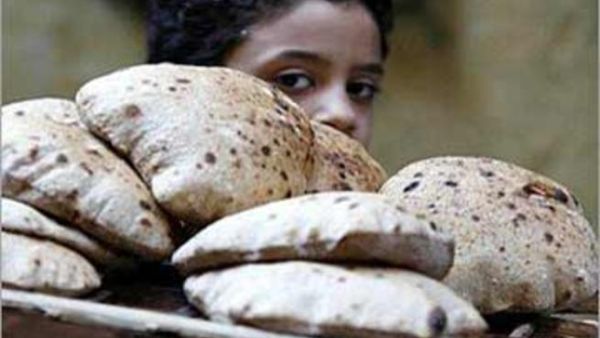Jordan’s new Prime Minister Abdullah Ensour appeared on TV on Friday to discuss economic reforms but this was no dry budget meeting: the PM laid down the austerity options in dramatic style.
The path to recovery, and the all-important $2 billion IMF loan, will either require devaluing the currency or radically reducing subsidies, according to him.
In real terms this means the average Jordanian’s dinars will be worth a lot less in the supermarkets and malls of the Kingdom. The decision has not yet been made, but it is expected that the changes will kick in on the 14th of November.
The aim is to reduce the government’s chronic budget deficit, which increased 23 per cent in the first six months of this year alone, but the move could well spark riots in an already jittery nation.
The Arab Spring was started by Mohamed Bouazizi, a Tunisian street vendor struggling to feed his family as prices increased. And it was the price of supermarket basics that led to regime change everywhere from Egypt to Yemen.
Dr. Yusuf Mansur, a leading Jordanian economist, does not believe that currency devaluation is feasible: “Economically, this will not work. Jordan imports 96 per cent of its fuel, so if it devalues [the dinar], it will end up paying more for fuel, more for bread, and any increase in the cost of bread will see riots”, he explained.
The memory of the bread riots of 1996, introduced by Prime Minister Abdul Karim al-Kabariti, will hang heavy over Ensour as he was a minister in the government at the time.
The protests started in Tafileh, an area known to be rebellious, but spread to more loyal areas of the Kingdom. Jordan today is a country on the edge and previous increases in basic commodities, such as bread and fuel, have seen demonstrations across the nation.
In a previous statement, Ensour said he was keen to reduce subsidies, because they overwhelmingly benefited the middle classes and guest workers. Official statistics agree with the prime minister and the poor will be given additional subsidies, but this is unlikely to stop the rage of the average Jordanian as food prices rise.
The Kingdom remains in a precarious position, with no easy way out. The threat of protest is ever-present but Ensour must also be seen to cooperate with the IMF in order to release desperately needed funds. The government either goes with the IMF, risking the ire of the people or supports its citizens to face the wrath of the IMF: a catch-22 situation if ever there was one.
Tell us what you think. Should Jordan devalue the currency or reduce subsidies to please the IMF? Is it fair the IMF can dictate to a country what they have to do? Let us know your thoughts.








